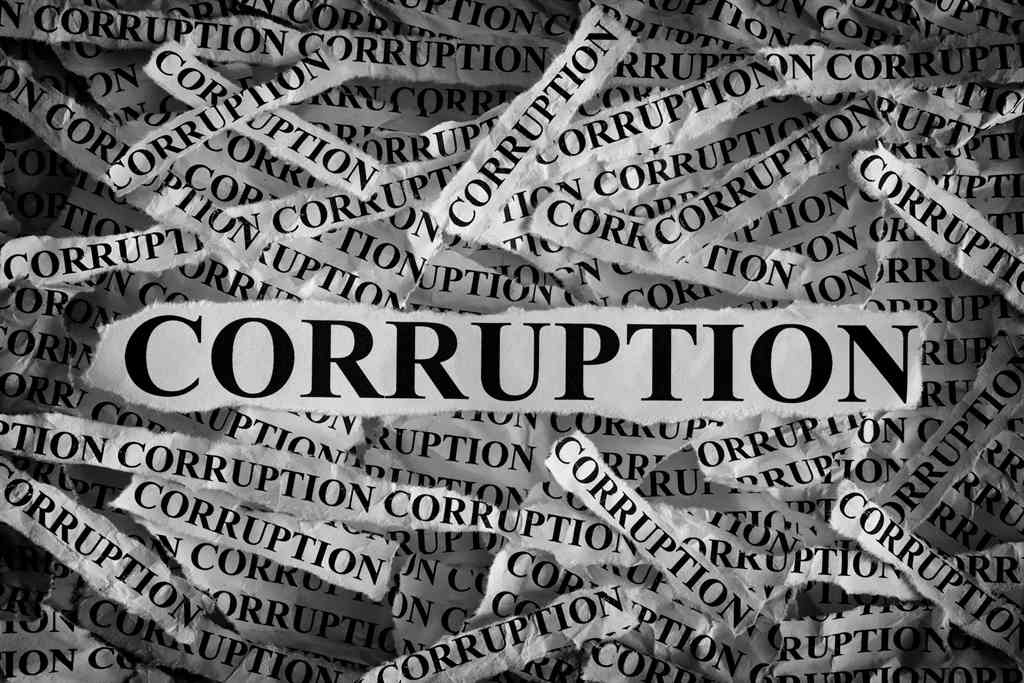
A REGIONAL anti-corruption watchdog, the Anti-Corruption Trust of Southern Africa (ACT-SA) has implored Southern African Development Community (Sadc) member States to walk the talk on corruption.
The impassioned plea comes after the 2023 Corruption Perception Index (CPI) ranked five of the regional bloc’s 16 member States among the world’s most corrupt.
CPI, which generally defines corruption as "abuse of entrusted power for private gain", is a Transparency International index which ranks countries "by their perceived levels of public sector corruption, as determined by expert assessments and opinion surveys”.
CPI ranked the Democratic Republic of Congo, Comoros, Mozambique, Madagascar and Zimbabwe as the most corrupt countries in the region and placed Seychelles, Botswana, Mauritius, Namibia and South Africa as Sadc’s top performers.
In its appeal ACT-SA said: “Sadc member States should consider setting up a regional anti-corruption court to prosecute corruption cases from Sadc member States. This is prompted by high levels of impunity and political interference when corruption investigations and prosecutions target high profile politically-exposed persons (PEPs) in Sadc member States. These PEPs have a tendency of bullying investigators, prosecutors and the Judiciary in individual countries."
To all intents and purposes, this is a very noble idea which we, however, honestly believe may never fly. Simply put, it is a flight of fancy.
Past experience has taught us that Sadc is just a useless gathering of like-minded people out to watch each other’s backs and frown upon any challenge to the status quo, which happens to be mired in corruption.
To put our strong reservations into context, in 1992 Sadc came up with a brilliant idea to set up a Sadc Tribunal, which was to be the highest policy institution and would be based in Namibia.
- Mavhunga puts DeMbare into Chibuku quarterfinals
- Bulls to charge into Zimbabwe gold stocks
- Ndiraya concerned as goals dry up
- Letters: How solar power is transforming African farms
Keep Reading
But, alas, amid one of its first cases, our very own country, Zimbabwe pulled out of the arrangement and challenged the Tribunal’s legitimacy after the esteemed body ruled that Zimbabwe’s land reform programme was discriminatory against white people, hence white farmers should not be evicted from their farms.
That case signalled the demise of the regional court of justice whose functions and terms were drastically reviewed, which eventually led to the institution being disbanded altogether.
Given this brief background we sincerely doubt if an anti-graft court will ever see the light of day because most of Sadc’s ruling elite are thriving on corruption and are promoting the scourge to the extent that any talk of fighting the plague in their backyards will not be entertained.
Some of us will not be surprised if Zimbabwe is among the first countries to object to a Sadc anti-graft court, given its already highly compromised fight against corruption.
Unfortunately, this is the tragic reality facing us in Sadc where corruption will forever condemn us to the gutter of underdevelopment as ACT-SA has rightly observed that there is a “correlation between corruption and development” because “countries perceived as less corrupt by the CPI are incidentally ranked highly in terms of human development”, while the opposite is true.
Our country would be an interesting case study to prove the correlation between corruption and human development.






